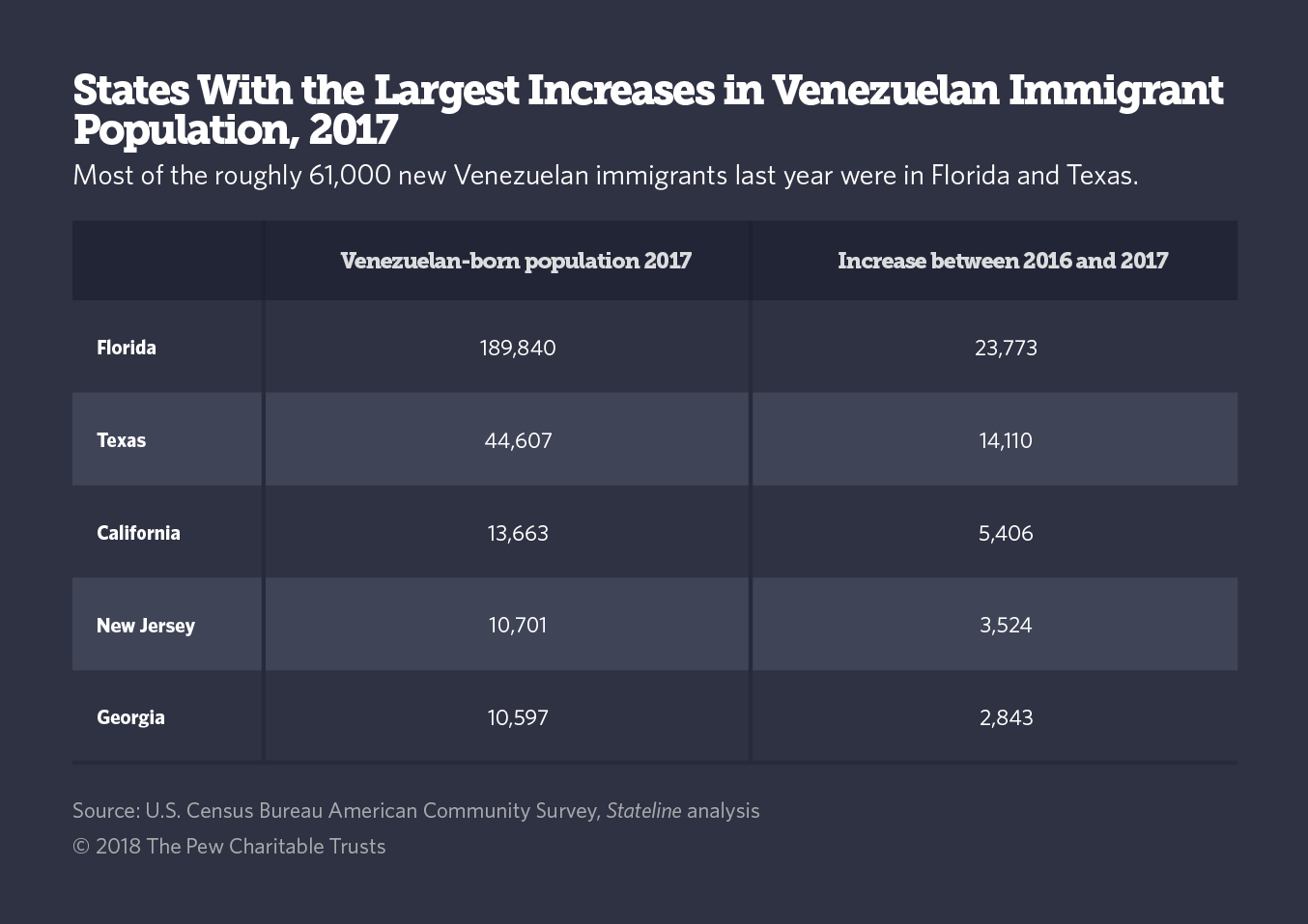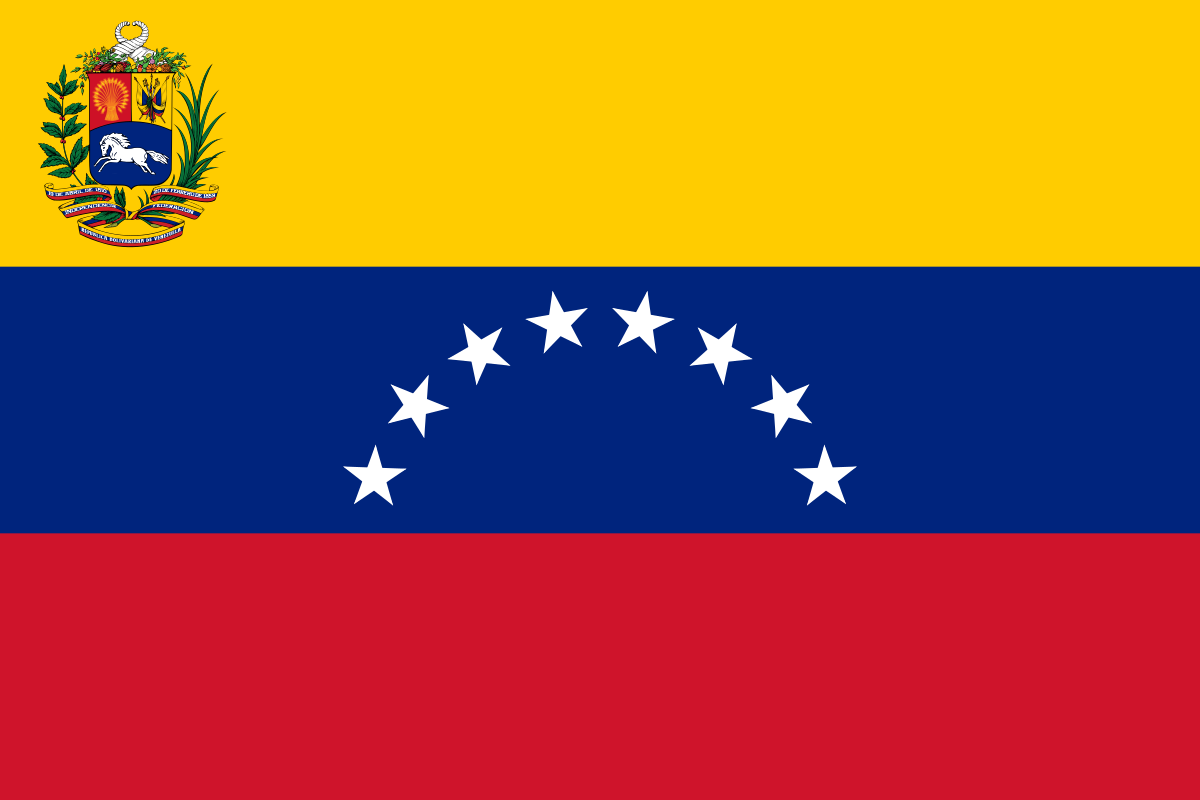My first impression of Samuel Vilchez will always be seared into my brain.
He was celebrating the victory of Johanna López, the first Latina ever to be elected to the Orange County School Board. Vilchez definitely had a reason to be celebrating: the 22-year-old managed a winning campaign that everyone in Central Florida was talking about for its impact and for how it got young people involved in the election process.
Vilchez was born in Maracaibo, Venezuela, and arrived in the United States as an asylum seeker in 2010. Nine years later, he is a U.S. citizen about to obtain a bachelor’s degree in politics from Princeton University.
He’s been involved in politics since he can remember. His grandfather is a self-described communist who supported both Hugo Chávez and Nicolás Maduro, while his parents are Social Democrats who opposed both regimes. To say that family dinners were lively would be an understatement.
After arriving in the United States, Vilchez didn’t get involved in politics until 2014 when he worked on the coordinated Democratic campaign for former Florida Governor and current Congressman Charlie Crist in Orange County. Vilchez was motivated to get involved after following President Obama’s platform closely, as well as the policies of his administration.
For Vilchez, getting involved and campaigning in favor of ideas and candidates you believe in was ingrained after watching his family get involved in politics from an early age. That’s why it was natural for him to intern for the 2016 Hillary Clinton campaign and later go on to manage López’s school board campaign while he was still attending college.


Samuel Vilchez (courtesy of Samuel Vilchez)
While I never had the opportunity of working with Vilchez, I’ve had the privilege of working with Venezuelans in both the 2016 and the 2018 elections in Central Florida. Our efforts focused on registering and getting Latinos out to vote in support of progressive causes. As the situation in Venezuela escalates and the community in Florida keeps growing, so will their involvement in election efforts.
The history of political parties seeking the vote of Latino communities in Florida mirrors the increase in the influence of those same communities.
After the arrival of thousands of Cubans to Florida in the 1950s and 1960s, both the Democratic and Republican parties worked to win their support. Those efforts intensified as the Cuban population grew in size and influence until it became the formidable political force it is today, especially in South Florida.
Around 2008, the parties set their sights on the growing Puerto Rican population. The community started settling in the all-important “I-4 corridor” that spans all of Central Florida. As the population of Puerto Ricans in the state grew to over 1 million, so did the efforts to register and get the community out to vote. It only takes a quick Google search of “Puerto Ricans in Florida” to see the growing influence its had in the state’s politics at all levels.
As the quest to gain the support of Boricuas in Florida continues, politicos attuned to the state’s ever-shifting demographics have started focusing their sights on the Venezuelan community.
Here are some facts and numbers: Between 2016 and 2017, more than 61,000 Venezuelans migrated to the United States—a growing trend that has led to the doubling of the Venezuela-born population in the country since 2010. Venezuela is on top of the list of countries whose residents seek asylum in the U.S., most of whom settle in Florida, Texas, and California.


A 2018 study by the University of Miami estimated that more than 200,000 Venezuelans live in South Florida, and reports indicate that at least 33,000 called Central Florida home in 2016, a number that is definitely higher in 2019.
If those numbers don’t convince you, you only need to look at the flurry of activity by Senator Marco Rubio, Senator Rick Scott, Florida’s congressional delegation and even President Donald Trump to see that the group is viewed as the up and coming political force of the state.
It is clear how both parties feel about the Venezuelan diaspora, so to understand if their outreach has been effective, I spoke with several Venezuelans living in Florida, including a few who I used to work with on progressive causes. The results highlight the advantages and challenges that both parties face, but one thing is crystal clear—Republicans have the lead right now.
Vilchez registered to vote as a Democrat as soon as he became a U.S. citizen in 2016, which is why his answer to which politician has done the best job with Venezuela might be discouraging to Florida Democrats.
“I don’t like Marco Rubio other than this issue, but even for Venezuelans in Venezuela, he has become a household name,” he said.
“I don’t like Trump at all. He is a demagogue, is not qualified to be President, and has made the U.S. a joke,” Vilchez added. “However, he understands the political calculus of serving Venezuelans. His actions have been very intentional. I don’t think he actually cares about us or our quality of life, but the overall effects of his approach have been positive.”
Maria García, the former head of the Contracting Department of Caracas’ Metro System, had a similar response. García moved to the Orlando area with her family a few years ago and worked with me in the 2016 and 2018 elections.
“Marco Rubio has been leading the charge for the people of Venezuela since the very beginning. He always said that it was a dictatorship and the elections were rigged,” García told me. “Democrats have been weak with Venezuela, but Trump has been a pillar on that, and I truly believe Rubio convinced him.”
When I asked how she felt about Trump, García’s response was unequivocal: “I don’t like Trump. He has committed a lot of errors and doesn’t look like someone who listens to advice. I don’t think he is positive for the U.S., and he has not contributed to making the country a more just place. He is similar to Chávez in that he tells people what they want to hear.”
Yassire Escobar feels the same way. The 29-year-old from La Guaira, Venezuela said that Marco Rubio was the only person who stepped up for the people of Venezuela from the very beginning. She also doesn’t like President Trump personally but would give him top scores on his handling of the situation in Venezuela.
“He [Trump] is the only global leader that has told Maduro what a failure he is, and the people of Venezuela need the world to hear that. He has been excellent in that aspect,” Escobar said.
Last night #Maduro called on armed pro-regime gangs to step up street actions.
Today at 3pm @jguaido will lead a large street protest in #Caracas.
Strong reasons to be concerned that we could see increased violence & severe repression today in #Venezuela
— Marco Rubio (@marcorubio) March 12, 2019
Every person I interviewed for this story had the same answer when I asked which politician had done the most for the people of Venezuela. The answer —every single time— was Rubio.
For Angibel Morillo, the answer blurted out as if she couldn’t hold the thought one more second: “Rubio has been responsible for showing a lot of politicians how people are living in my country. He has worked hand-in-hand with us to show how socialism can destroy a country and a society.”
When asked I asked if there was another politician she could mention, her answer surprised me: Mike Pence.
What did not surprise me, and should trouble Democrats, that Vilchez was the only person who named Democrats.
“I know Senator [Bob] Menendez has also been denouncing the situation lately, and Representative [Darren] Soto has started fighting for us as well. He has done a lot of learning on the subject, and I have to give him credit for that,” Vilchez said.
While it looks like Republicans have a substantial lead over Democrats, things are not as simple as that. The issues that matter the most to the people I interviewed solidly align with the Democratic party’s platform.
When I asked which were the top three issues for them right now, I was surprised once again at the uniformity of answers: immigration reform, affordable healthcare, expanding labor rights, education, and gun control. I think it is safe to say that none of those views are part of the Republican Party’s platform. Unless there’s a profound shift in the party’s policies, the Republicans might lose the battle in the long-term.
“I’m staying here. I have a son, and he has better opportunities here. I want to become a citizen and be able to vote. I was born in 1998 and Chávez rose to power one year later. I had never experienced a free election in my life until last year,” Morillo said. “My priority is that my son has a good education, a good healthcare plan and that I get paid a decent salary.”
Escobar has already lived in the United States for a couple of years and plans to apply for citizenship as soon as she is eligible. The former immigration officer named gun control, improving labor rights and immigration as her top issues.
“I would register as a Democrat because they support the Latino community better, but I would vote for Marco Rubio,” she told me. “I want to keep working on getting our community out to vote.”


Further complicating things for Republicans is the fact that all but two of the interviewees said they would register as a Democrat if they could. The other two said they would register as independents.
The group I interviewed is diverse: it included single mothers, married couples with children, people under 30, and even people who retired back in Venezuela. Different backgrounds, coming from different areas of Venezuela, yet it genuinely seemed as if the questions were all answered by one person.
Some of them even desired to remain anonymous for fear of it affecting their asylum request or their ongoing process to become naturalized citizens.
Venezuelans can become permanent residents one year after being granted asylum and can become naturalized citizens —and be able to vote— five years after receiving permanent residency.
The truth is that nobody knows how the current situation in Venezuela will end or what its effects on the United States will be, but one thing is certain, the Venezuelan community in Central Florida understands that they can influence the outcome of elections.
“People don’t understand the passion with which we motivated people to vote, and it’s because we understand what can happen. It’s like we had been eating the same food every day for years and finally, we had a taste of new food,” García said. “We had elections stolen. We had rights taken from us, and here we have the opportunity to work and influence elections like everybody else. It’s a satisfaction to know you’re free.”
As for Vilchez? Of course, he plans on getting involved. After all, being involved in politics is all he’s ever known.
***
Frederick Vélez III Burgos is a former Congressional staff member and has worked in the last three election cycles to get out the vote in the Latino community. Born and raised in Trujillo Alto, Puerto Rico, he now lives in Miami, FL. You can follow him on Twitter at @frederickviii.


